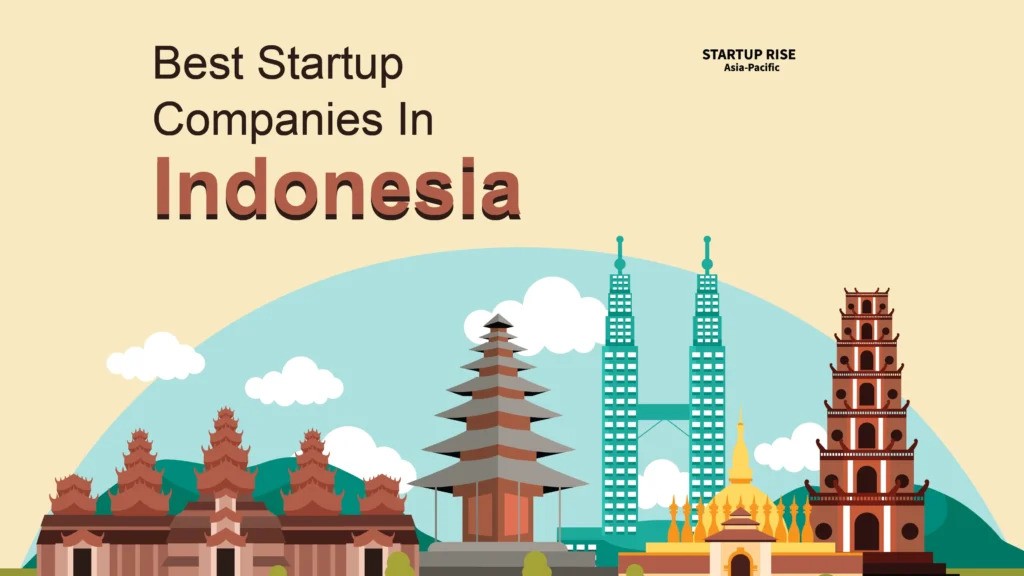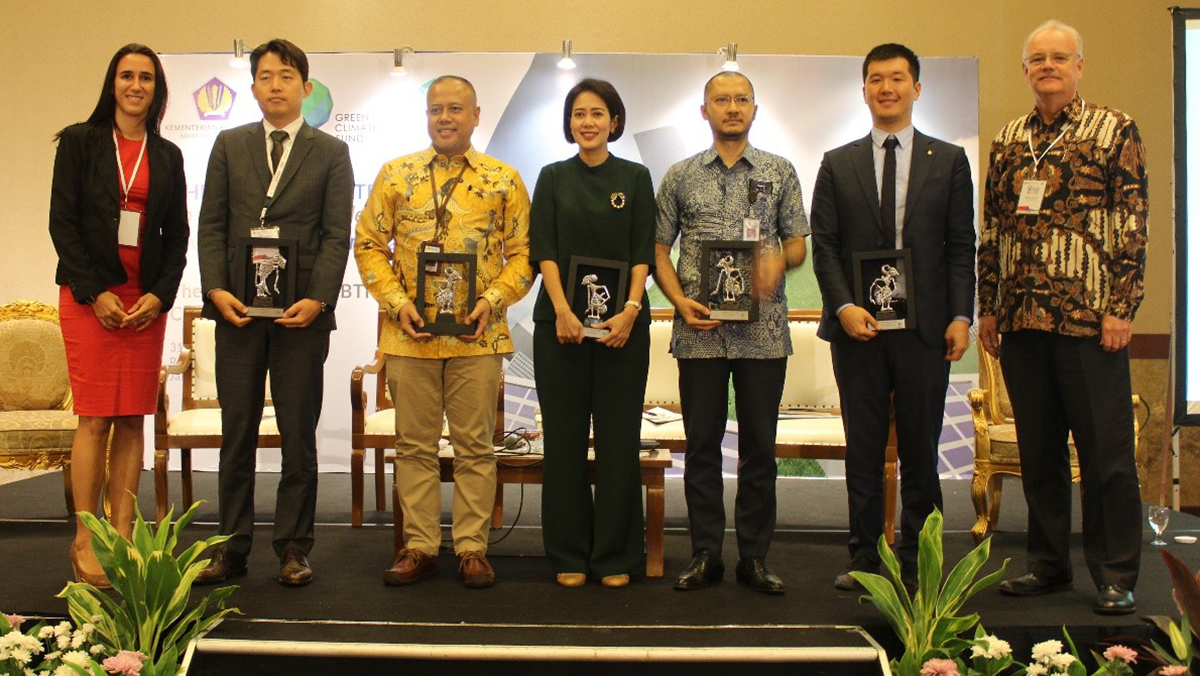Indonesia’s startup ecosystem is flourishing in 2024, with an explosion of innovative businesses across multiple sectors. This article delves into what factors contribute to this expansion and showcases notable startups while discussing their effects on Indonesia’s economy.
Expanding Startup Ecosystem
Indonesia’s startup scene is experiencing rapid expansion due to several key factors:
- Rise in Investment: Venture capitalists and angel investors have shown great enthusiasm for Indonesian startups, providing much-needed funds and allowing young companies to expand operations while creating unique solutions.
- Tech-Savvy Population: Indonesia has an increasing digital user population, which creates the perfect conditions for tech startups to flourish. Young Indonesians eagerly adopt emerging technologies and services, creating an open market for innovative products.
- Government Support: Indonesia has implemented numerous initiatives designed to assist startups. Programs such as “100 Smart Cities” and “Startup Indonesia” provide funding, mentorship, and resources for new entrepreneurs.
2. Notable Startups of 2024
- Gojek: Once known solely as a ride-hailing service, Gojek has quickly grown into a multi-service platform offering everything from food delivery to financial services. Thanks to its success in Southeast Asia’s tech scene, it now ranks amongst its leaders.
- Traveloka: long known for its travel booking platform, has expanded to offer financial products and lifestyle services as part of an innovative digital ecosystem. Traveloka’s expansion reflects increasing consumer demand for integrated digital solutions.
- Tokopedia: As one of Indonesia’s premier e-commerce platforms, Tokopedia continues to innovate by offering new features and services for shoppers online. Their platform boasts an expansive selection of products, making it the go-to spot for shopping online in Indonesia.
- Bukalapak: As one of Indonesia’s leading e-commerce players, Bukalapak focuses on supporting small businesses while expanding its digital offerings to contribute to Indonesia’s digital retail market expansion.
Impact on the Economy
Startups have had a substantial effect on Indonesia’s economy:
Startups are creating jobs across numerous sectors. From technology and marketing to logistics and customer service, new jobs are being created to support these businesses’ growth.
- Innovation and Competition: The startup boom has led to a surge of innovation and competition between established businesses. New ideas and technologies push existing firms to adapt their offerings accordingly, benefiting consumers.
- Economic Growth: Startup companies’ successes significantly contribute to Indonesia’s economic development. By expanding and flourishing, they attract further investments, which further advance Indonesia’s prospects as an economy.
Barriers and Opportunities
Although Indonesian startups have seen steady progress, they face several hurdles and challenges:
- Navigating Regulatory Requirements: For startups, meeting regulatory requirements can be formidable. However, maintaining business operations is vital to staying compliant with local laws and regulations.
- Funding Access: Although startup investment is rising, accessing capital may still present difficulties for some early-stage businesses. They may need help to secure adequate funds needed to expand their operations.
- Talent Acquisition: Startups often need help recruiting and retaining skilled personnel, competing against established firms to secure the talent needed to fuel their growth.
As Indonesia’s startup ecosystem develops, emphasis will be placed on supporting innovation and creating an inviting atmosphere for entrepreneurs. By meeting challenges head-on and capitalizing on opportunities available to them, Indonesian startups stand poised to play an instrumental role in shaping the country’s economy in years to come.







